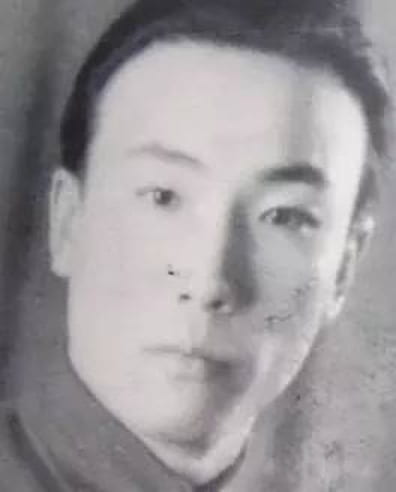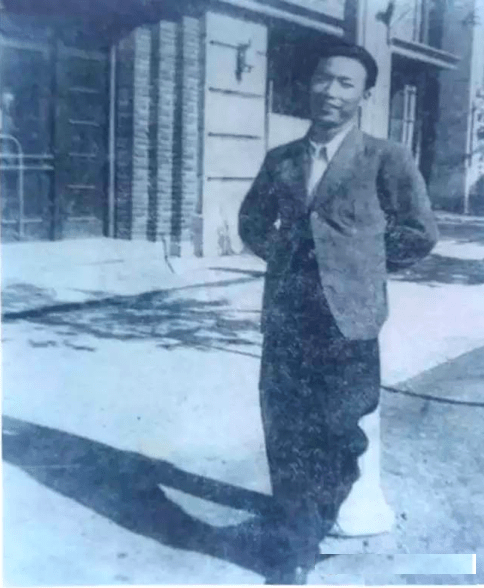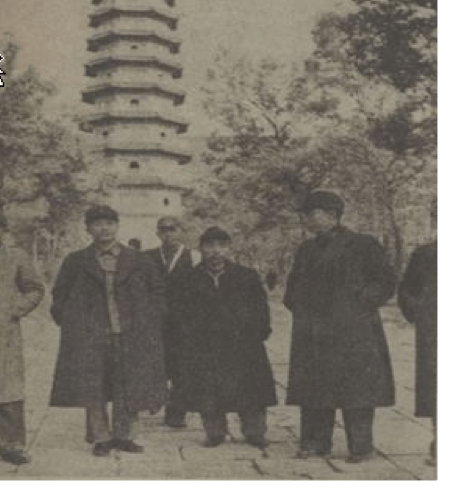Jue Qing (1917-1962) – his original name was Liu Pei 刘佩; other names include Ke Qin可钦 and Liao Ding辽丁 . Born in Changchun 長春 city, Jilin吉林 province. Influenced by the writings of French author André Gide (1869-1951) who is famed for his anti-colonial writings. Professor Jiang Lei 蒋蕾 argues that “Reading his writings, one can basically not find words that favor Japan. A kind of nihilism is pervasive, showing a cold attitude towards reality and war.”
“读他的作品,基本上找不到媚日话语,弥漫着一股虚无主义,表现出对现实、对战争的冷冷的态度.”
He was a member of Xinjing’s Yiwenzhi faction. Jue Qing worked as a translator for the Kwantung Army. According to the recollections of writer Li Min 李民, who knew Jue Qing at the time, every time he returned from translation work he would get very drunk. Further, Li argued that the translation work was a way to intimidate Jue Qing and discredit him.
See also: http://rdbk1.ynlib.cn:6251/qk/Paper/349880
Major works include: Ouyang jia di renmin歐陽家底人們 (People of the Ouyang family)
– Norman Smith
For a recent English-language article on his work, see:
Blahota, Martin. “A Uyghur Concubine and a French Juggler Resisting Japanese Imperialism: Jue Qing’s Aesopian Language in Manchukuo’s Official Literature.” Journal of the European Association for Chinese Studies, vol. 1 (2020): 89– 127.
https://m.fx361.com/news/2016/0714/11389061.html
Bibliography
Examples of Writing
Image Gallery



and Jue Qing (L) during the Third Greater East Asia
Writers’ Congress (1944)



